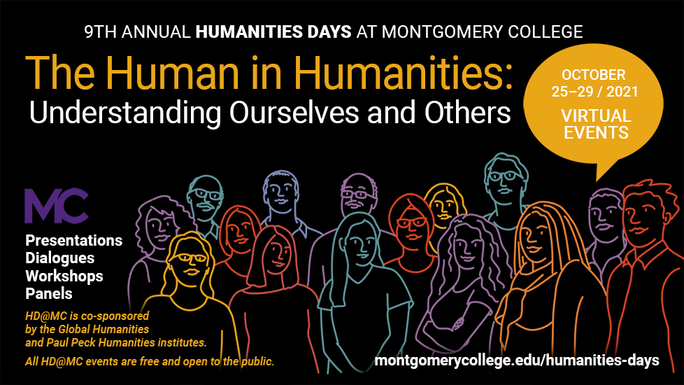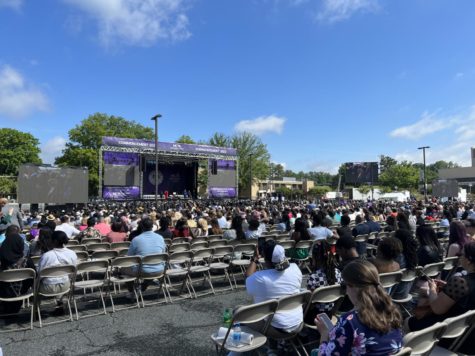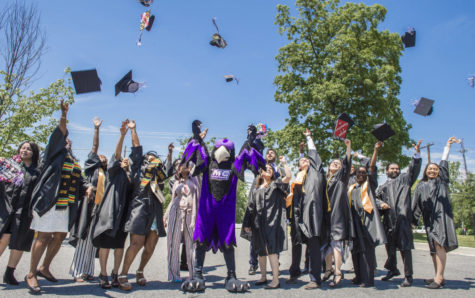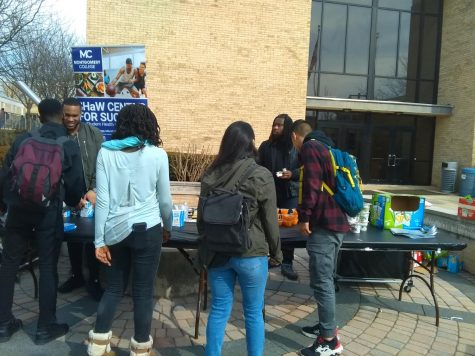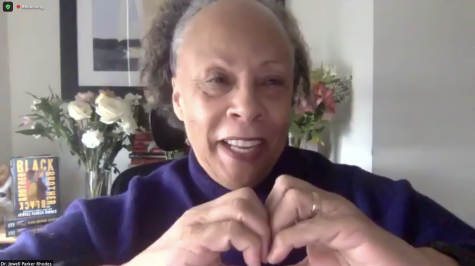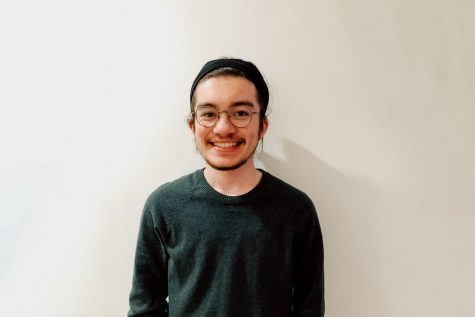Annual Montgomery College Humanities Days 2021: “What Happened to You?”
The Human in Humanities: Understanding Ourselves and Others
Humanities Days at Montgomery College Official Flyer Provided at montgomerycollege.edu/humanities-days
This past October saw the ninth annual Humanities Days at Montgomery College. The week-long special featured 30 virtual events that took place between October 25th and October 29th. The interdisciplinary celebration is a collaboration between Montgomery College’s humanities institutes: The Global Humanities Institute and the Paul Peck Humanities Institute.
This year’s theme was: The Human in Humanities: Understanding Ourselves and Others. Through virtual mediums, students, staff, and faculty had the opportunity to learn more about what it means to be human through culture, history, art, and language.
Dr. Elizabeth Benton, interim Dean of the RV English and Reading department, hosted the event: Mind Over Matter: What Can We Learn From Post-Traumatic Wisdom?
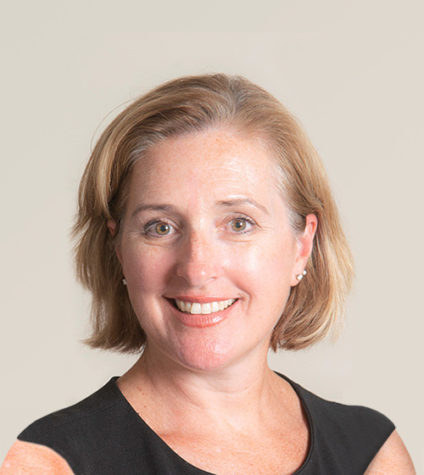
Dr. Benton based the event on a recently released co-collaborative publication authored by Child Psychiatrist/Researcher, Dr. Bruce Perry, and renowned talk show host and philanthropist, Oprah Winfrey. Its book title: ‘What Happened to you?’ focuses on asking important questions that lead to meaningful conversations surrounding trauma.
During this astonishing session, Dr. Benton helped us explore the influences that develop from our deeply personal experiences of childhood that ultimately make us who we are. A deep dive into the text lead the session towards creating the ultimate safe space through the unique exchange of stories, examples, and quotes.
Dr. Benton set the stage by going right into where trauma starts: the brain. Using examples from the audience, we understood how a certain skill — one that we’ve been doing for years, things like french braiding, sewing, biking, skating, quilting — uses all four parts of the brain.
Trauma is stored in all parts of the brain, but the earliest childhood trauma is stored in the brainstem. When we encounter certain trauma-related memories, each of our biological systems has an ‘encoded’ response to this experience that is based on a memory of past experiences. Our brain is hardwired to act and feel before we have the chance to think.
The brain develops bottom-up, meaning that when we learn a new skill — such as french braiding or knitting — it actually travels up the brain, starting at the brainstem all the way up to the outer cortex, says Dr. Benton. Any traumatic experience can create extremely complex memory traces that touch through vast neural networks involving all regions of the brain.
Childhood experiences have more impact than we realize on infants and young children. The thousands of associations that are made about how the world functions are documented and stored in our personal ‘codebook’ of experiences that help us ‘decode’ the world. At a young age, we are more sensitive to our emotional environment, and although young children don’t always understand certain words in speech, they do pick up on nonverbal communication cues.
The cortex of a young child is not yet fully developed and is not mature enough to create linear memory, but lower parts of the brain still process our earliest experiences that significantly impact how trauma is stored in the brain for years to come.
According to Dr. Perry, when a child experiences abuse, the brain collects features and circumstances of the abuser and/or abusive experience — things like smells in the room, certain lighting, tone of voice, hair color, temperature, background music, or noises— is stored in our personalized ‘codebook’. And with no linear narrative memory, this panic and sense of fear can often be interpreted as random.
“We would all be surprised to know the stories we have to tell” -Dr. Benton
When we have caregiving relationships and trauma-related associations are triggered, our responses are altered in a way that may impair our close relationships and may even increase the risk for transgenerational abuse. It takes intentional change to prevent an ‘inheritance of abuse and/or trauma patterns’ at both individual and cultural levels.
Healing is not and has never been, a linear process. Certain mechanisms and techniques exist that can positively impact the associations and effects of trauma-related experiences.
Mentioned during the event were the “predictable and moderate actions” (Dr. Benton) that lead towards a ‘rhythmic regulation’. These patterns of repeated activity cause overactive neural networks that are actively associating an event with trauma to fall back into balance. Things like listening to music, playing sports, dancing, playing an instrument, teamwork collaboration — are healthy exercises that actively engage all brain parts. It’s even more important to continue challenging and exposing ourselves to new and healthy situations, relationships, and experiences.
Now that we understand a little more about trauma and how it affects the brain, especially in young children, what now?
Dr. Perry describes healing as a process similar to revisiting a shipwreck. Every time you visit this wreckage and you sift through the fragments of what’s left, you can take these pieces and move them to a new and safer territory. Creating these safe havens within ourselves is critical for the ‘reconstruction’ of the brain.
Healing can be thought of as replicating a uniquely original construction, which, in this case, is the brain. The ultimate key is to put a plan for renovation in place. However, this cannot be done without understanding the source of trauma; by asking ‘what happened to you,’ one can delve into the history of this ‘original construction’.
The event came to a close by highlighting the importance of communal support and love. Dr. Benton mentioned the importance of being “reflective listeners with, and for each other.” By creating our own therapeutic moments and interactions and implementing them into our daily lives, we create safe and healthy spaces for ourselves and others.
The challenges of trauma, pain, loss, dissatisfaction, disappointment all leave us with immense lessons that ultimately allow us to reflect upon these experiences and grow towards the things that keep us moving forward. Through professional support, educational and therapeutic experiences can assist in reorganizing the systems in our brain. With extraordinary patience and grace with ourselves and with each other, we can become teachers of our own experiences when we make the decision to pass on our lessons.
____________
You can find more information about Humanities Days and Dr. Benton’s talk here.
For interest in the publication, you can find it here: https://www.bdperry.com/


